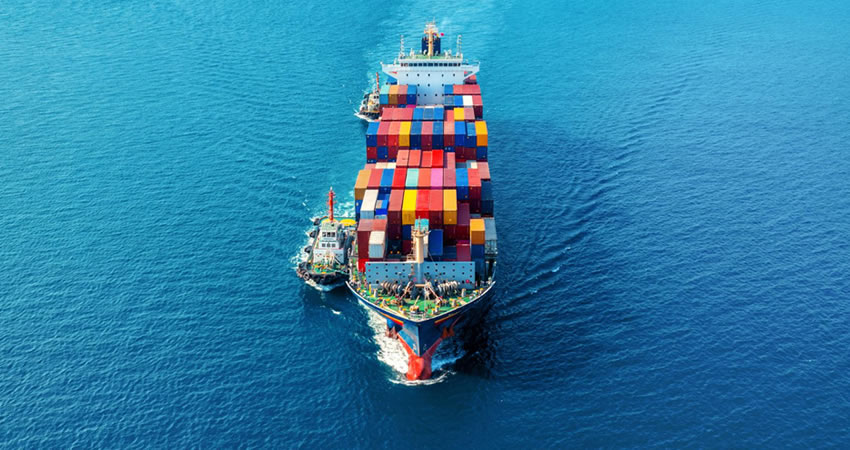
Cargo and Supplies Delivery Services: Our Cargo and Delivery services ensures that essential materials, equipment, and supplies are transported to and from offshore platforms, rigs, ships, and other remote locations, enabling continuous and efficient operations. We deliver Drilling Equipment, Production Materials, Consumables and Provisions, Spare Parts and Repair Kits, and safety Equipment: Supply of safety gear, life-saving appliances, and personal protective equipment (PPE) to ensure compliance with safety regulations.
Various Vessels and Transport Modes enable the efficient cargo delivery to platforms and other sites, such as Offshore Supply Vessels (OSVs) – OSVs are the primary vessels used for delivering cargo and supplies to offshore locations.
They are designed to carry a wide range of materials, including heavy equipment, bulk liquids, and containerized cargo. OSVs are equipped with large deck spaces and specialized handling equipment such as cranes and winches. Platform Supply Vessels (PSVs) – these are specifically designed to supply offshore platforms with essential cargo. They have features like dynamic positioning systems for precise maneuvering alongside platforms and tanks for transporting liquids like fuel, water, and drilling fluids.
Fast Supply Vessels (FSVs): FSVs are high-speed vessels used to quickly transport personnel, small cargo loads, and urgent supplies to offshore Efficiencie.
At Trantor, we take pride in our dedication to meeting the unique demands of the oil and gas industry.
Join our mailing list for the latest information about Trantor Logistics Ltd.
Copyright 2024 - All Rights Reserved Trantor Logistics Limited
WhatsApp us